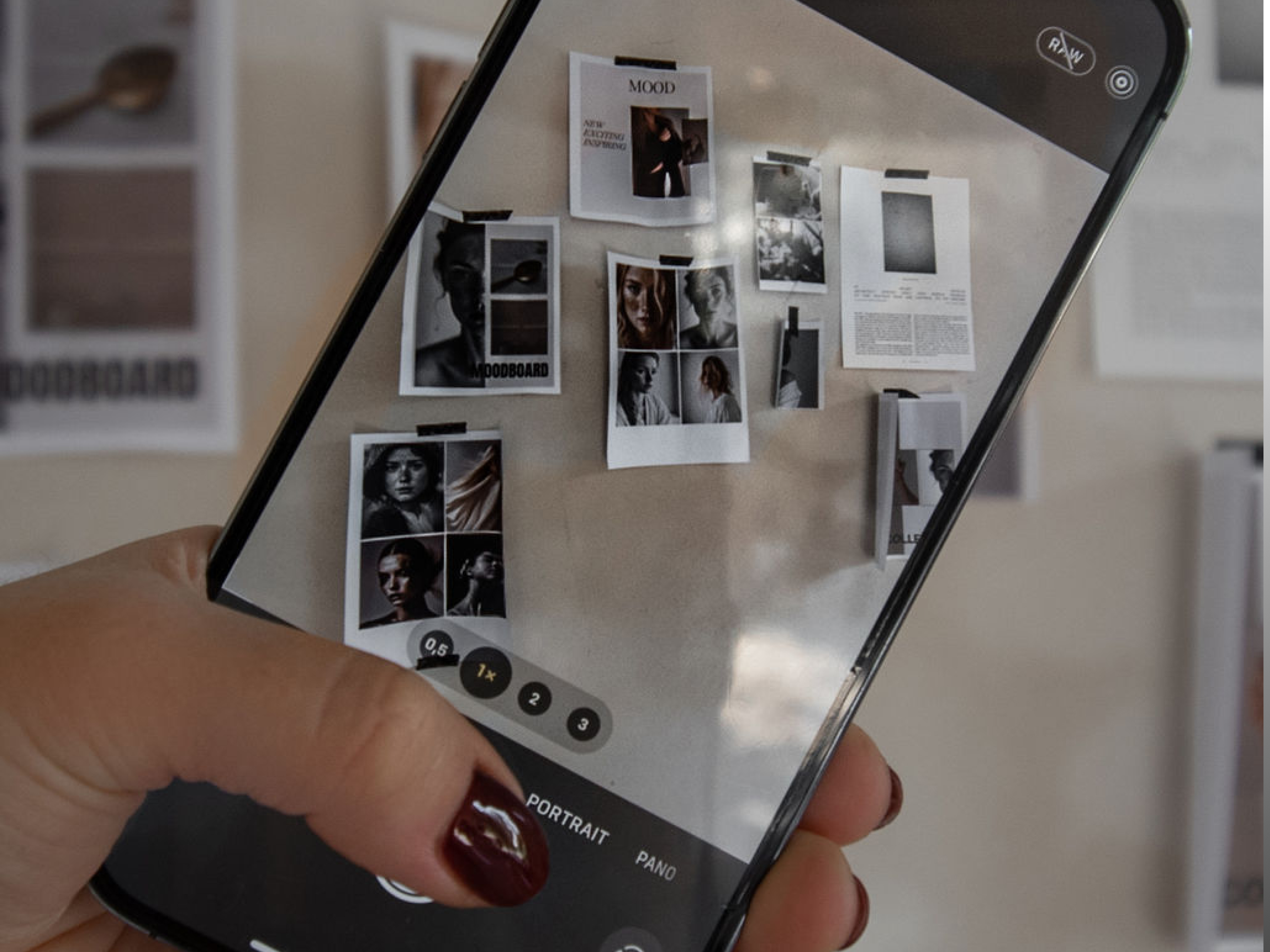The Brief

Creator Spotlight
Creator Spotlight: Charli Evans

Creator Spotlight
Creator Spotlight: Shenea Walker

Creator Spotlight
Creator Spotlight: McKenzie DePinto

Creator Spotlight
Creator Spotlight: Jalil Johnson

Brand Insights
Introducing Monthly Bonus Opportunities

Creator Spotlight
Creator Spotlight: Lindsey Myers (Created Colorful)

Creator Insights
How Stylists are Maximizing their Income with Affiliate Programs

Creator Insights
Sephora Spring Savings Event: How to Maximize Your Affiliate Earnings

Creator Spotlight
Creator Spotlight: The Buy Guide (@thebuyguide)

Product Launch
A Review of Opportunities So Far

Creator Spotlight
Creator Spotlight: Alexa Johnson (@glowopedia)

Product Launch
Introducing ShopMy 101

General
ShopMy Raises $77.5M to Pioneer Performance-First Approach

Creator Milestones
Celebrating Milestones: ShopMy's First Creator Millionaire

Product Launch
ShopMy Launches Opportunities | Guaranteed Creator Coverage with Total Creative Freedom

Product Launch
Revolutionizing and Scaling Creator Gifting